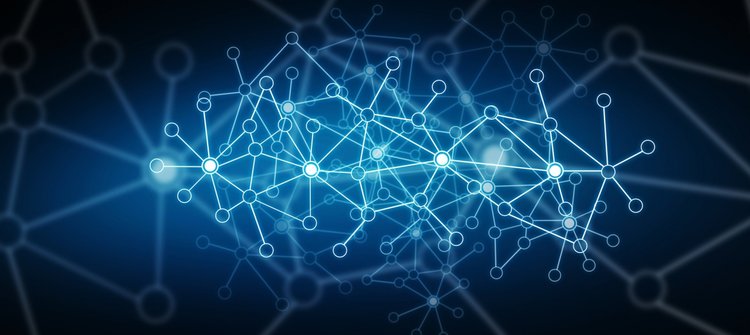By Ilya Klishin
The revolution is on!
As anyone who reads the news can tell you, blockchain is taking over. Perhaps you've even heard all these amazing stories of random companies adding blockchain to their name and having their stock prices soar overnight.
But let me also state the obvious: as far as the average American, German, Korean,Brazilian, Italian, Spaniard, Russian, etc., is concerned, blockchain is just some kind of trendy gibberish, a technological mumbo-jumbo. And even if it lives up to the hype, it’s probably too complicated to bother with understanding, unless you are a computer genius yourself.
But what, exactly, is blockchain?
Blockchain is, first of all, a philosophy, a way to look at the world. To cut it short, theessence is this: all information must be secure, and, at the same time, belong to everyone. No single party should be able to tamper with it, and no information should ever be fabricated, hidden or deleted without everyone knowing.
Many of us still think of blockchain as synonymous with cryptocurrencies, such as Bitcoin (EXANTE: Bitcoin), Ether (ETH/USD), or Ripple, but the potential applications of blockchain go far beyond financial transactions. Just think of using it to make political elections invulnerable to manipulations, or in courts, or in state registries,or in tax accounting—to cut it short, just in any field where data needs to be protected.
What we need to understand is that blockchain is not a way to to make a quick buck. It's an upcoming revolution that will change both capitalism and Western democracy as we know it.
In the middle of the twentieth century, humanity stood, unwittingly, at a fork in the road, having to choose between information and space. Science fiction writers of the day dreamed of cities on Mars or even conquering the whole Galaxy. But can you remember anyoneto foresee the Internet?
Well, obviously these writers were wrong.
Perhaps mankind will some day explore space, Elon Mask is my witness, but for the time being, we are like Columbus who chose not to sail to America, but to paddle to the neighboring islet and returned home with a funny iPhone app.
Both the Soviets who sent the first man to space and the US who landed on the moon were industrial societies. It’s all gone now. The post-industrial society has even better means of production, but it is information, not physical goods, that is the most valuable resource now. And we need new ways to handle it.
I wonder how many people notice classical political institutions of the West to be coming apart at the seams. In recent years, the symptoms became obvious, from Brexit to Catalan referendum to Trump to Berlusconi and so on. As if suddenly someone had released a mind-altering virus that made once respectable voters to go nuts, falling prey to populists and radicals.
Perhaps the reason is that the constitutions of the United States and France, which formed the basis of modern Western-style democracies, were written almost a century before the telephone was invented.
Enlightenment philosophers, as much as the founding fathers of the North American states, were unquestionably great people. They came up with a system that remained functional for more than two hundred years. But time has changed. At the time, it took days on horseback to deliver the text of the new US Constitution to remote frontiers. Now it would take a split second.
It's not just that transport and communications have become more efficient. A faster pace of life allows us to reconsider the very foundation of social organization. Have you ever wondered why did early democracies need parliaments? Imagine a territory where a million people live, and the only way for every one of them to vote for and against a new law is to come to the Capitol in person. That’s obviously not possible, so instead they choose a few representatives to promote their interests.
Modern technologies allow us to return to direct democracy, as in Athens, only now we won’t have to meet on the agora and scream. Of course, this will only work if everyone has access to the Internet and all the information needed for a well-founded decision. The essence of the blockchain revolution is that it brings democracy to the logical conclusion. Everyone should know everything. Or at least have that right.
But whether we will need such an anachronism as United States presidential electors or even the presidential office itself, is a question yet to answer. In general, it is unclear whether the state itself, as we know it, will be necessary at all. What kind of courts the new society should have? What kind of police? What kind of taxes?
We are on the verge of a major social formation shift, at least as disrupting as the transition from antiquity to the Middle Ages or from feudalism to capitalism. Perhaps we even have already crossed this threshold.
The revolution is in full swing, we just have not noticed it yet.



